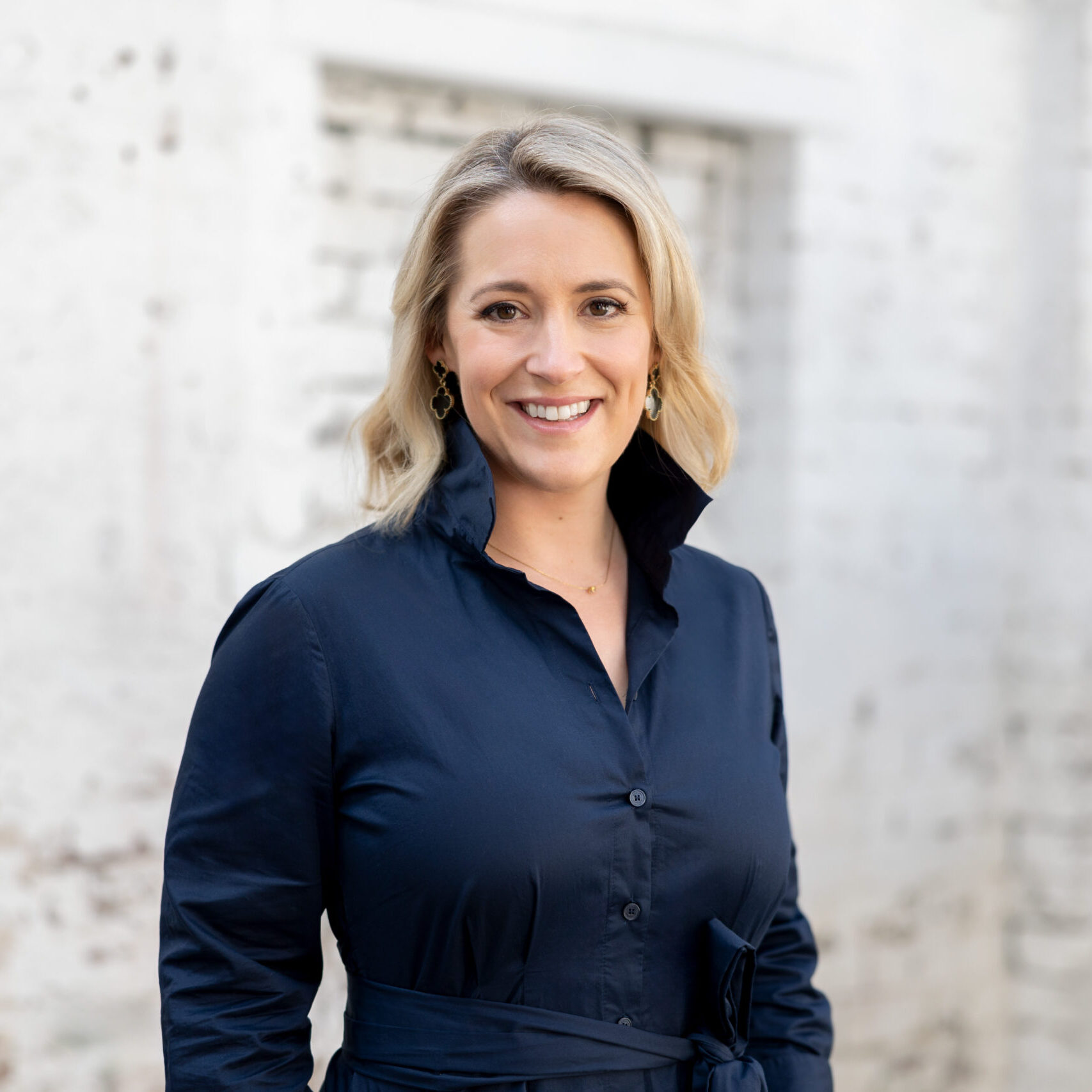
In Conversation with Ivan Neville

I have been with the federal Department of Employment for over 15 years and in my current role, I oversee the analysis of the contemporary Australian labour market and the identification of the current and future demand for skills. I also give presentations around the country on a broad range of labour market issues.
Prior to joining the Department of Employment, I worked in the ABS for many years in a number of economic and labour market areas.
I grew up in Canberra and studied at the Australian National University, completing a Bachelor of Arts degree and a Graduate Diploma in Demography.
What are the “do’s” and “don’t’s” to include in your CV?
My main advice to job seekers is that they target their CV to the job they are applying for. It is also really important to check your spelling and grammar and, if you can, ask someone to proof-read your CV and application. We know that employers don’t spend long reading CVs, especially if they have had lots of applicants, so make sure it is not too long (2-3 pages is sufficient). Use clear and concise language to cover the key job requirements and presentation is important – your CV should look professional but doesn’t need to be fancy. Research the job and company you are applying for, and follow-up with a phone call. You only get one chance to make a good first impression so take advantage of it!
Why is gaining a university qualification so important?
The labour market has become increasingly competitive across all qualification levels. In the future, almost half of all new jobs will require a bachelor degree or higher, so going to university will generally improve a person’s employment prospects. We also know that graduates are now gaining entry-level positions within companies and working their way up, allowing them to experience a greater breadth of roles within their chosen field.
However, university is not for everyone and there are other pathways which lead to successful, fulfilling and well-paying jobs. Many people prefer and are better suited to undertaking a trade or other vocational education and training (VET) courses and in fact, many of the occupations currently in shortage are in trade based occupations.
Perhaps the most important message is: don’t do training for the sake of it. Get advice, do your research, and pursue the right type of training for your chosen career path or job.
Tell us what you are currently working on?
I manage a team of hard-working people who are experts on the Australian labour market. They are constantly analysing what is happening across the country, whether in regional areas or in particular industry or occupation sectors; where there is growth or whether there are shortages or skills in demand, as well as tapping into what employers are looking for.
All of this forms part of a complex picture about how the jobs market is functioning and our analysis contributes to broader government policy. For example, we are currently studying the structural shift in the economy towards the services industries, as well as the rise in part-time work and the impact of the ‘gig economy’. We try to plan for known events and anticipate what might be around the corner and we need to make sure all our stakeholders can access our information.
While our work obviously feeds into the bigger picture, at a very basic level, it is very satisfying to know that our work can contribute to helping someone find a job.
Top tips for job seekers in 2017 and beyond?
The notion of a “job for life” is diminishing. Research shows that we can now expect to have 17 different jobs over a lifetime but in some industries, this will be even more. Job seekers shouldn’t expect to immediately get their dream job, but should instead view each job as a stepping stone towards their goal. Combined with a global marketplace, technological advance and an increasingly competitive jobs market, we all need to be prepared to learn and adapt.
It can be really tough out there so job seekers need to ensure that they meet the requirements of the job being advertised and stand out from other applicants. We talk to thousands of employers every year and they tell us that they value ‘soft skills’ just as much as technical skills and experience. Don’t underestimate how important these employability skills are, including good people skills, the ability to work in a team, being organised, or innovative, or creative. These are also known as transferable skills, and while they may vary from job to job, you need to demonstrate to every employer that you have these.
One in five professional jobs is not advertised formally, so networking and approaching employers directly will allow you to find and apply for vacancies. Additionally, jobs that are informally advertised usually have fewer applicants, so not only will you be able to apply for more jobs, but there will be less competition for these jobs.
Share it around…






